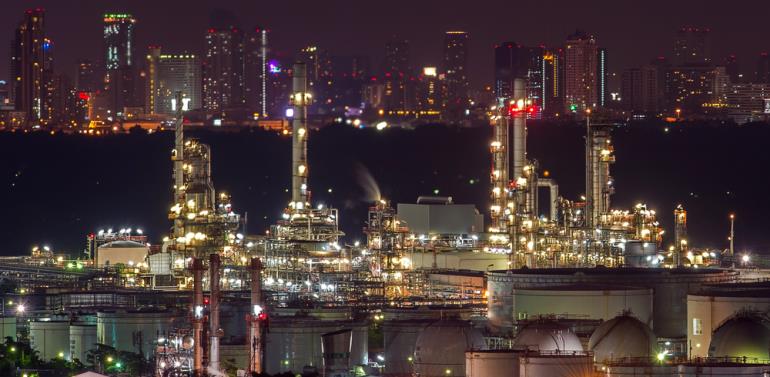International
Rising Middle East tensions put political risk back into play for oil prices: Wood Mackenzie

The new year is off to a tumultuous start for Middle East politics and the oil market as prices rose on Monday January 4th only to be supressed the same day by the sharp fall in China’s equity markets.
Wood Mackenzie’s Macro Oils service forecasts continued global oversupply in the first half of 2016. This is helping to mute the oil price response to the rapid escalation of tensions between Iran and Saudi Arabia. At this point, the increased tensions between the regional powers of Saudi Arabia and Iran has limited direct impact on the oil market supply and demand fundamentals, unless the developing events cause the Iran nuclear deal to break up, although this is not expected.
From our analysis of the supply/demand fundamentals, we expect a global drawdown in stocks to begin in H2 2016 and accelerate in the fourth quarter. With this tightening in the supply and demand balance, political risk will become more important to oil prices.
In early 2016, non-OPEC supply is now in a year-on-year decline with Wood Mackenzie forecasting a 0.7 million b/d fall for 2016. This contrasts sharply with the start of 2015 when non-OPEC oil supply was rising at what turned out to be a record rate of 1.4 million b/d for the year. Furthermore, as we face this rising geopolitical tension in early 2016, the global oil industry’s ability to respond to a potential impact on supply is weakened by the low oil prices of the last 18 months. Oil demand growth remains relatively strong heading into 2016 with a forecast gain of 1.2 million b/d for the year.
Our base case analysis for 2016 and 2017 assumed Saudi Arabia would continue to seek market share and would not cut its output to make room for Iran. Unless other producers such as Russia, Iran and Iraq agree to reduce their oil production, Saudi Arabia has consistently stated since the November 2014 OPEC meeting, it has no intention of cutting its supply to support oil prices. The current ramping up in tensions between Saudi Arabia and Iran only further confirms our view that Saudi Arabia is unlikely to cut its output to help Iran regain market share.
-

 News2 months ago
News2 months agoAI Security Conference 2025 Hosted by Securado Highlights the Changing Cybersecurity Landscape
-

 Insurance2 months ago
Insurance2 months agoSupporting Community Wellness: Liva Insurance Sponsors Muscat Marathon 2026 with Free Health Checkups
-

 Interviews1 month ago
Interviews1 month agoEXCLUSIVE INTERVIEW: TLS Rebranding Marks Strategic Leap Toward Innovation, Sustainability & Growth
-

 Insurance1 month ago
Insurance1 month agoLiva Insurance Supports Community Wellness Through “Experience Oman – Muscat Marathon 2026”
-

 Dossier6 days ago
Dossier6 days agoDossier, 2026
-

 Investment3 weeks ago
Investment3 weeks agoLalan Inaugurates Its First Overseas Manufacturing Facility, Marking Sri Lanka’s First Investment in SOHAR Freezone
-

 Banking & Finance1 month ago
Banking & Finance1 month agoA New Platform for SME Growth: Oman Arab Bank Unveils Tumouhi
-

 Food & Dining3 weeks ago
Food & Dining3 weeks agoGrand Millennium Muscat’s exclusive Ramadan Iftar and Suhoor Experiences






























You must be logged in to post a comment Login